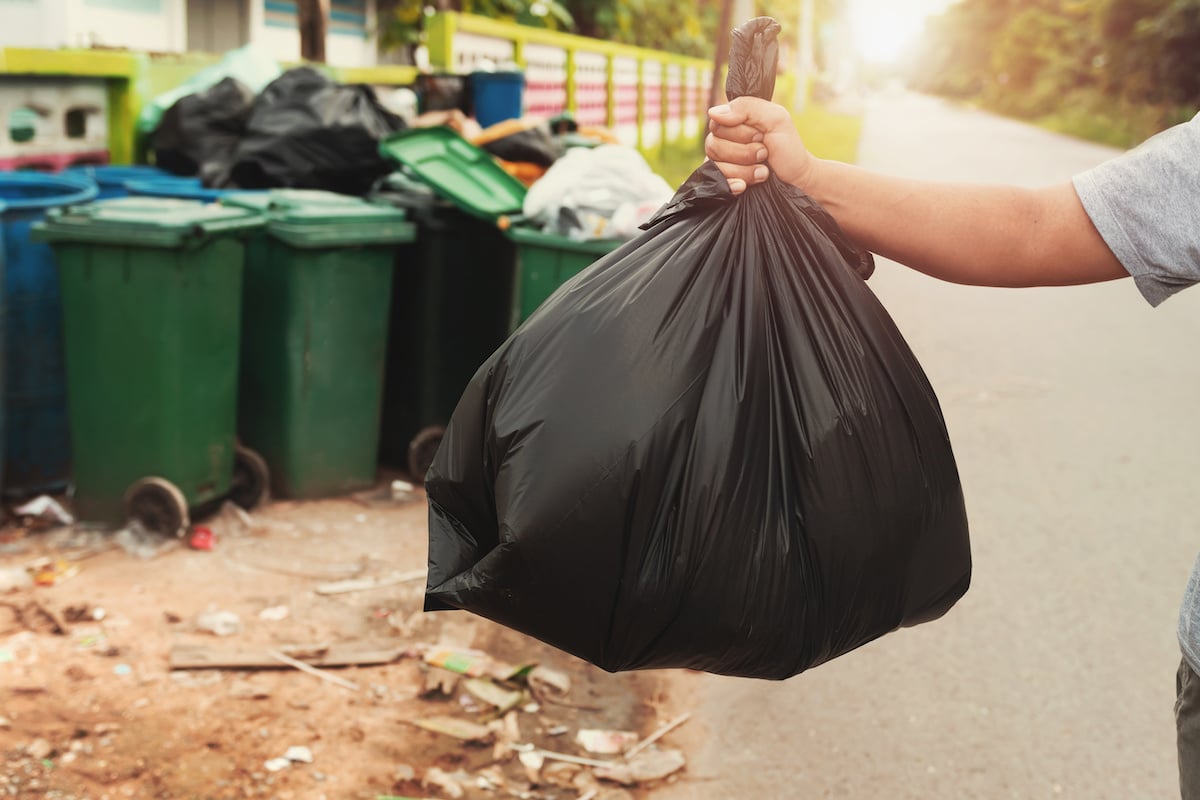Toxic and non-biodegradable forms of waste can cause harm to human health and the environment that can’t be incomplete. While waste disposal has been an issue for many years now, the fear is that such a massive amount of waste is being incorporated all over the period because of population growth.
Developments for waste disposal procedures have been made, but they’re still insufficient. We need to find innovative and harmless waste disposal methods and implement those procedures.
Here, we will discuss the six best ways to remove waste.
Vermicomposting by using Worms
It is the procedure of altering organic matter into nutrient-rich compost using worms. Worms eat and résumé organic matter. The by-products of digestion expelled by the worms enhance the soil with nutrients, promoting the development of bacteria and fungi. It’s also a lot more effective than old composting.
Vermicomposting, a sustainable and waste-free organic waste management method, faces barriers to widespread adoption, requiring more attention than further research. Large-scale vermicomposting is crucial for global waste disposal, but its widespread adoption faces a primary barrier of inadequate awareness and knowledge about its applications.
Throwing Waste into Sanitary Landfill
This waste disposal process includes throwing waste into a landfill. Toxins cannot enter the water because of the protective coating surrounding landfills, a barrier between the dump and groundwater.
Waste layers change to flattened and coated with a form of earthly layer. Non-porous soil is perfect for this layer because it depresses the dangers of unintentionally leaking toxic chemicals. Landfills require low groundwater levels and are located away from flooding, requiring a significant workforce for maintenance.
Incineration by Burning Waste
Incineration is the procedure of burning waste under controlled situations to turn it into fireproof materials like ash and waste gas. Because they may be dangerous, the exhaust fumes from this procedure are treated before being released into the environment. Because it reduces waste volume by 90%, this method is one of the hygienic ways of disposing of waste.
Heat produced for power production is sometimes used, but it produces greenhouse gases like carbon dioxide and carbon monoxide, leading some to question its environmental benefits. Waste disposal companies process waste according to incinerator needs, reducing accident risks and ensuring high-quality fuel.
Solvents and Used Motor Oil
Keep solvents in closed containers in a relaxed environment to prevent them from starting a fire. Puncture holes in the containers prevent reusing them after all the solvent has been used. Seal the containers or place them in sanitary landfills after flattening them, wrapping them in newspaper, and hiding them in plastic bags.
Never transfer oil onto the ground or into channels. Stock it in closed containers. Used oil can occasionally recycled by auto repairing stations. Used motor oil can also be used to hide wooden posts for buildings, protect them from decaying in the ground, and can be burned as heating oil in some heaters.
Commercial Roll-off Dumpsters for Efficient Waste Disposal
Commercial Roll off dumpsters usually consist of open-top containers with wheels to improve mobility. Roll-off dumpsters provide an efficient way to dispose of waste. You may fill the dumpster as you go rather than having to make several trips to the dump or transfer station.
This lets you focus on finishing your project without distractions, saving time and effort. After filling the dumpster, a professional waste management company will pick up the trash, disposing it eco-friendly to minimize environmental impact and ensure responsible handling.
Secure Garbage Outdoors
Talking of pests, they love waste. A garbage container can serve as an outdoor buffet for various wildlife, from tiny cockroaches and ants to enormous coyotes and raccoons, and even bears if you reside in an area of the country where they are a problem.
Use secure containers and build an enclosed area to prevent pests from affecting your outdoor bins. Regularly rinse food containers, remove the garbage, and utilize pickups to avoid dirty, smelly, overflowing bins.
